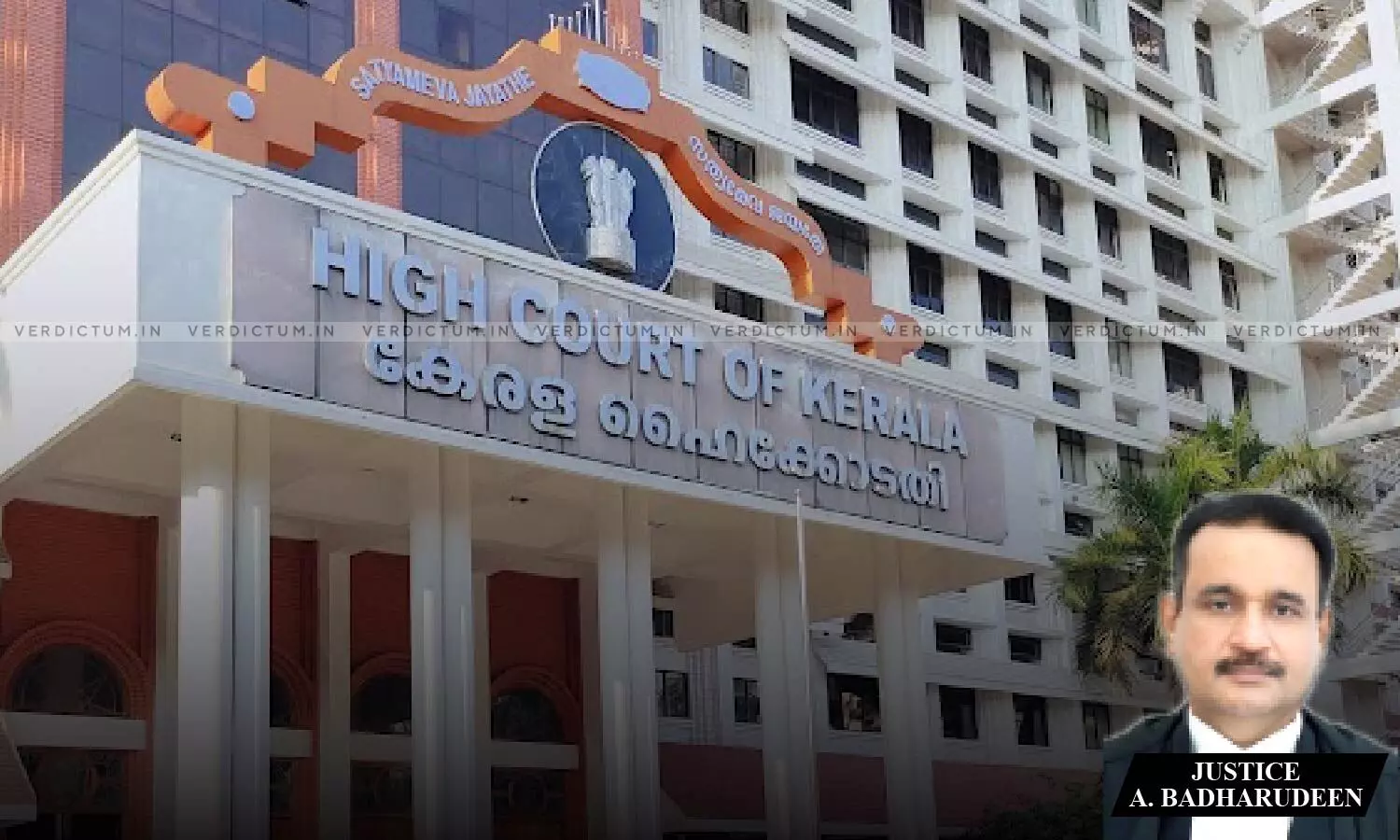
Essentials Of Summons Trial Should Be Followed In Inquiry U/S. 116 CrPC: Kerala High Court
 |
|The Kerala High Court held that, in an inquiry under Section 116 of the Code of Criminal Procedure, 1973, the essentials of summons trial should be followed.
The Bench of Justice A Badharudeen observed, “Thus, the opportunity of the petitioner to adduce evidence as part of his defense or an opportunity to hear him, not provided as per the proceedings of the learned Sub Divisional Magistrate. Thus, the impugned order has been passed without following the procedure as nearly as may be practicable, provided under the law, even though, Section 116(2) provides that, an inquiry contemplated under Section 116 of Cr.P.C. shall be made, as nearly as may be practicable, in the manner prescribed for conducting trial and recording evidence in summons cases. In this context, the text ‘as nearly as may be practicable’ has to be understood to ensure that the essentials of summons trial should be followed.”
Advocate Joice George appeared for the Revision Petitioner, while PP Renjit George appeared for the Respondents.
A Criminal Revision petition was filed under Sections 483 and 442 of the Bharatiya Nagarik Suraksha Sanhita, 2023 (‘BNSS’) to set aside an order passed by the Sub Divisional Magistrate and to remand the case for de novo trial.
Counsel for the Petitioner submitted that before passing the order under Section 117 of Cr.P.C., the Court shall conduct an inquiry as provided under Section 116 of Cr.P.C. regarding the truth of the information. He stated that in the present case, the procedure was not followed by the Magistrate. Hence, the order was illegal for procedural violation.
The Public Prosecutor had also conceded that there was a procedural violation at the instance of the Magistrate and said that the matter may be remanded back to the Sub Divisional Magistrate for fresh consideration, strictly following the procedure and to pass order on merits.
The Court, after going through the provisions under Sections Sections 135 and 136 of the BNSS, which are the provisions analogous to Sections 116 and 117 of Cr.P.C., said that on perusal of the proceedings before the Magistrate, it could be seen that the matter was posted for judgment and later order was pronounced and no opportunity was given to the Accused.
The Court also said, “Going by Section 254 of Cr.P.C. as well as Section 277 of BNSS, on completion of the prosecution evidence, the Magistrate has to hear the accused and take all such evidence as he produces in his defense.”
Accordingly, the Court concluded that the impugned order was passed without following the procedures and was liable to be set aside. The revision petition was allowed, and the matter was directed to be heard de novo.
Cause Title: T.G. Anoop v. State of Kerala and Anr. (Neutral Citation: 2024:KER:69035)
Appearances:
Revision Petitioner: Advocates Joice George and Liji J Vadakedom
Respondents: PP Renjit George